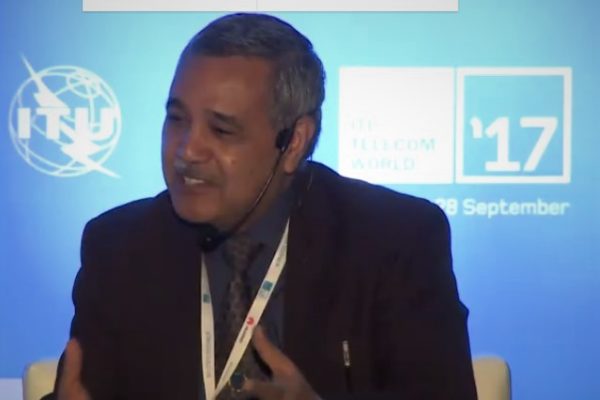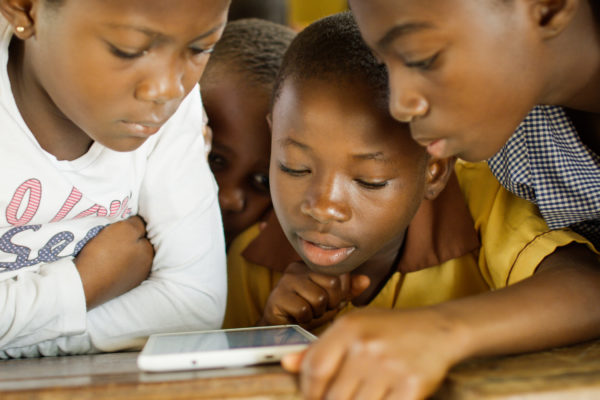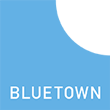This website uses cookies so that we can provide you with the best user experience possible. Cookie information is stored in your browser and performs functions such as recognising you when you return to our website and helping our team to understand which sections of the website you find most interesting and useful.
Launching a new partnership to bring more women online
Read the project press release
The gender digital divide blocks more than two billion women from accessing agriculture, health, education and civic engagement opportunities and solutions. And the divide is only getting worse: women are, on average, 14% less likely to own mobile phones than their male counterparts, and 43% less likely to engage online. The pilot program aims to address the gender digital divide by providing women access to information about education, agriculture, health, government initiatives, finance and business management and to become active members of the digital economy.
In partnership with The Hunger Project and with support from the U.S. Agency for International Development and Microsoft’s Airband Initiative, the pilot program will provide access to information about education, agriculture, health, government initiatives, finance and business management and create opportunities for women to be active members of the digital economy. Reliable connectivity will sustainably increase women’s economic opportunities and eliminate barriers to women’s digital inclusion in three Hunger Project epicenters in Eastern Ghana. This will connect around 6,000 women to vital resources and knowledge that they will utilize to create waves of lasting development in their communities.
The collaboration will utilize BLUETOWN’s successful rural connectivity model, The Hunger Project’s proven programs, methodologies and educational content, and the technical expertise and scale of Microsoft’s staff and operations. To ensure rapid adoption of digital services, the project will leverage the already-mobilized communities at the heart of The Hunger Project’s epicenter strategy. Women in the communities will be trained as digital operators to manage the internet cafés, encouraging women’s participation in the digital community and creating micro-entrepreneurial opportunities.
“Addressing digital gender inequities requires more than simple access. It requires sustainable solutions that address the myriad barriers to women’s digital inclusion, including development of digital skills and digital literacy. With our new collaboration, we will be able to address and remove these barriers,” says Tim Prewitt, President and CEO of The Hunger Project.
“Women’s digital inclusion is vital to sustainable development. Together with The Hunger Project and Microsoft, we are creating a sustainable, scalable approach to women’s digital inclusion in rural communities,” says Peter Ib, CEO of BLUETOWN.
“Closing the gender digital divide requires more than just providing connectivity — we must take a holistic approach by bringing women and girls online, delivering digital literacy training, and encouraging their participation in the digital economy. Projects like these lift women, and in the process can help lift up rural communities,” says Vickie Robinson, general manager of Microsoft’s Airband Initiative.
About The Hunger Project
Founded in 1977, The Hunger Project is a global non-profit organization whose mission is to end hunger and poverty by pioneering sustainable, community-led, women-centered strategies and advocating for their widespread adoption in countries throughout the globe. The Hunger Project is active in 23 countries, with global headquarters based in New York City.
The Hunger Project is global movement of individuals and organizations that includes members in the United States and Partner Countries (Australia, Canada, Germany, Japan, The Netherlands, New Zealand, Sweden, Switzerland and the United Kingdom) investing in 15,000 communities throughout Africa (Benin, Burkina Faso, Ethiopia, Ghana, Malawi, Mozambique, Senegal, Uganda and Zambia); South Asia (Bangladesh and India); and Latin America (Mexico and Peru) who are leading their own change. To learn more, visit www.thp.org.



